As parents, we struggle with how to educate and empower our children to become self-motivated and resilient. If we add family wealth and business into the equation, the matter often becomes even more complex. Transferring both values and wealth is a complicated matter.
Over the past 20 years, one of the most frequently asked questions I receive from family offices or parents raising children in wealth is “are we doing the right thing by transferring great wealth to our children?” In the past, I was less committal in my response. However, today I can say with great confidence - No. In many cases it is precisely the wrong thing to do. In fact, it is fair to say that we are doing a great disservice to our children by automatically transferring large amounts of wealth to them – as if by right and not by merit or deed.
Why have many families fallen into the trap of transferring all or most of their wealth to the next generation without much in the way of restrictions or even guidance? Simply put, it was expected. In addition, the family’s advisors, (trust & estate attorneys, financial advisors, CPAs, etc.) have created a wealth deployment methodology that is based primarily on age or presumed need. However, in order for that approach to work successfully founders of wealth need to commit large amounts of time to the next generation – showing them the value of money, how to earn it, how to manage it for success, and what the responsibilities truly are. Unfortunately, many founders and multi-generational family offices simply do not put in the time. It isn’t simple and an extensive estate plan won’t suffice.
I propose that there is a better approach to wealth transfer that is based on merit rather than on right or entitlement. The creation of what I’ll refer to as a “Family Bank.” For those readers who are interested in only keeping life simple, please do not immediately dismiss the suggestion as too complex. To the contrary, it is arguably just as much effort and perhaps even less complex than setting up an elaborate estate plan requiring ongoing management.
| WHAT IS A FAMILY BANK AND HOW DOES IT WORK?
To be clear, a Family Bank is not a regulated entity or trust company, as the Du Pont or Mellon families created. A Family Bank is a formal structure comprised of family and non-family members who preside over the deployment of the family’s financial holdings. There are many approaches as to how a Family Bank can function. The manner depends on the amount of assets to deploy, their nature and perhaps most importantly, the governing instrument. The Family Bank deploys assets to family members based on the values contained in the Family Constitution – the governing instrument of the family and the Family Bank.
The mechanics of a Family Bank can vary with the family, of course. One approach is as follows:
➊ Family members are only given money outright for health and education. Additional funding requires the submission of a business plan or request in writing to the Board for consideration. Depending upon the particulars of the Family Constitution, entrepreneurial ventures should be encouraged and structured. More importantly, it encourages family members of successive generations to earn the privilege of a disbursement. In other words, the family’s wealth is not an automatic “right.”

➋ Meetings are held monthly or as needed to consider formal proposals for funding.
➌ The deployment of funds is published and made open to all family members.
➍ The membership of the Board is not automatic. Criteria is established by the wealth creators. However, a balance between family members and advisors should be maintained.
➎ Term for certain members can be fixed indefinitely. However, a certain number of positions should have a definite term limit.
➏ Family members are taught at a young age that giving money away is both important and difficult. Family members who are philanthropic make the “pitch” to the Board and, if approved, assume responsibility to follow up with their time as well. Doing so ensures they are giving with intention and the money is doing what they intended it to do.
What if your family does not have access to advisors or family members to fill the role? There are always fiduciaries one can identify. It requires reaching out to professionals and organizations who specialize in the recruitment of such individuals.

Brian Weiner
Co-Founder and Managing Partner, InnoVise Family Wealth Advisors.
innovisefwa.com




